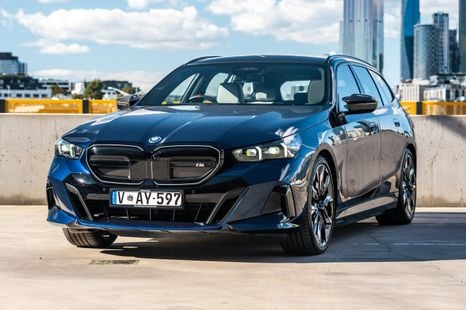

Damion Smy
2026 BMW i5 Touring review
2 Hours Ago
European dealers have reached an agreement with Mercedes-Benz to switch from a franchise arrangement to agency sales.

Journalist
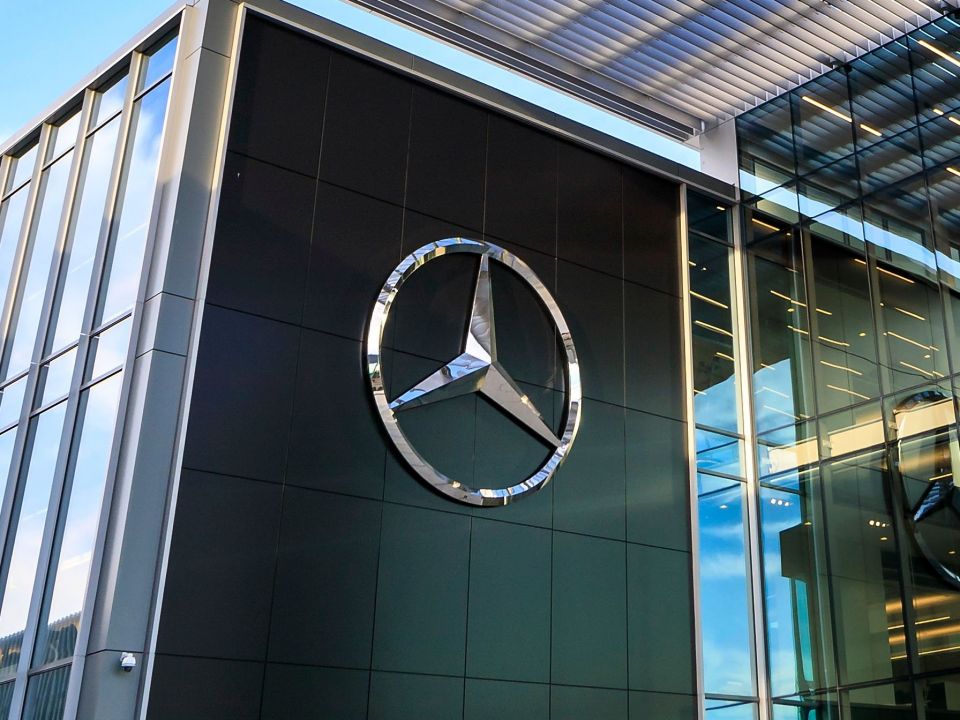

Journalist
Mercedes-Benz is switching to an agency sales model in Europe, and it seems like the change will happen more amicably than here in Australia.
Overnight, the automaker announced it had reached an agreement with the European Association of Mercedes-Benz Dealers (FEAC, or Fédération Européenne des Amicales de Concessionnaires Mercedes-Benz) to begin converting outlets from the traditional dealership setup to the agency model.
The transition will begin with the UK and Germany making the switch in 2023. Dealers in Sweden and Austria have already made the switch as part of an earlier pilot program.
Mercedes-Benz expects 50 per cent of sales across the Continent to come from agency dealers by the end of 2023.
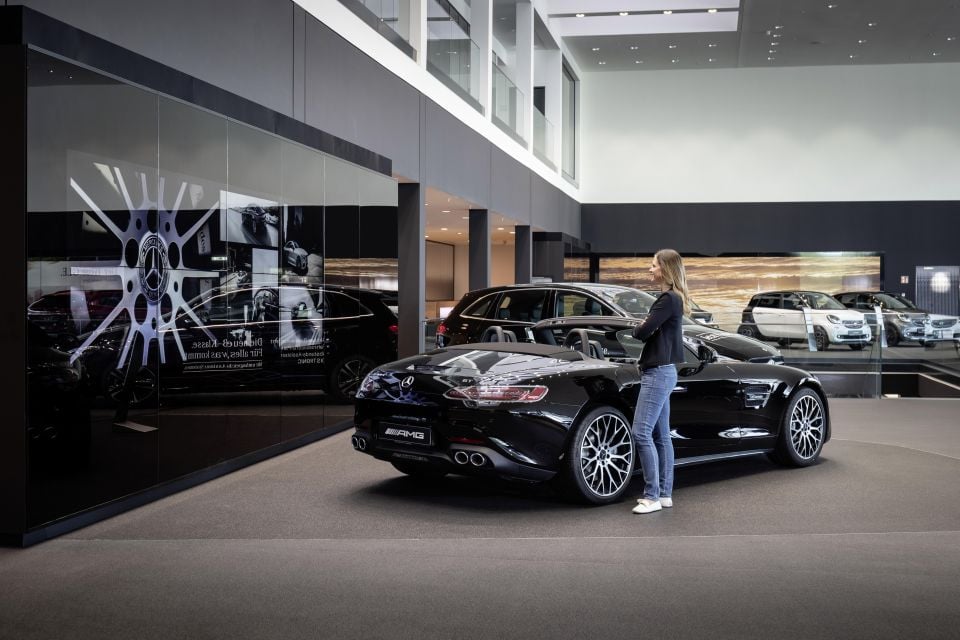
According to Britta Seeger, head of sales for Mercedes-Benz, the aim of the agency model is to “achieve even stronger customer loyalty to our Mercedes-Benz brand worldwide”.
“We want to make it as easy as possible for our customers to interact with us,” Seeger said in a prepared statement. “It doesn’t matter if it’s digital or physical. The agency model supports us in seamlessly networking all contact points.”
Friedrich Lixl, president of the FEAC, hailed the agreement as “creating a clear and predictable framework for European sales”.
He said the automaker and dealers worked together so they could “proactively [face] changed market conditions in order to continue to stay clearly ahead of the competition, as well as to secure the investments and the company value for the agents in the future”.
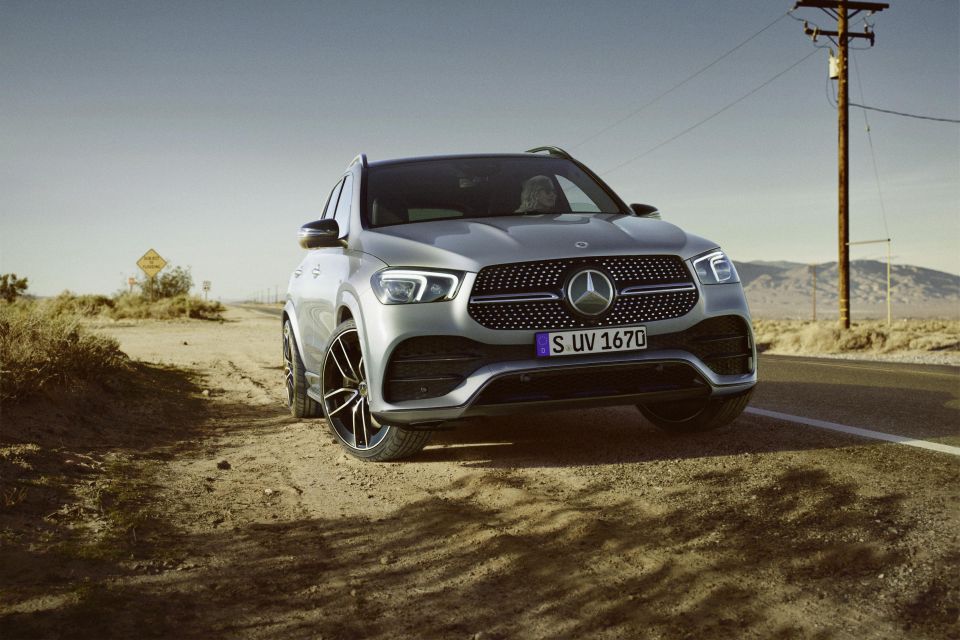
Outside of Europe, Mercedes-Benz has already adopted the agency model in South Africa and India.
Mercedes-Benz is planning on switching Australian dealerships over in January 2022, but independent dealers are unhappy about how the automaker got them to sign their new agency agreements, claiming they did so under duress.
These dealers are suing the car company for $650 million for allegedly breaching the good-faith aspects of their franchise agreements. The suit is set to be heard by the Federal Court in 2022.
Under the existing dealer franchise system, dealers buy cars from Mercedes-Benz and then sell them on to customers. Dealers can mark prices up or down, and salespeople are able to negotiate further with clients.
Meanwhile under the agency model, Mercedes-Benz retains ownership of vehicle stock, sets a fixed price nationally, and pays dealers a set fee for every car sold.
MORE: Mercedes-Benz versus dealers — Agency battle Federal Court date secured MORE: Mercedes sticks to its guns, dealers seek compensation over agency switch
Go deeper on the cars in our Showroom, compare your options, or see what a great deal looks like with help from our New Car Specialists.
Derek Fung would love to tell you about his multiple degrees, but he's too busy writing up some news right now. In his spare time Derek loves chasing automotive rabbits down the hole. Based in New York, New York, Derek loves to travel and is very much a window not an aisle person.


Damion Smy
2 Hours Ago
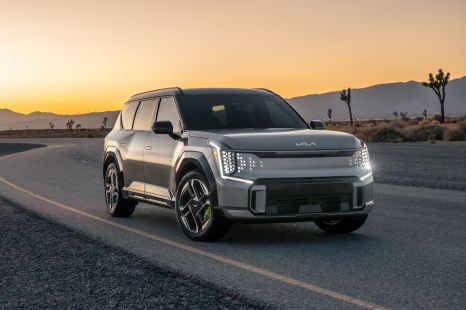

William Stopford
9 Hours Ago


Paul Maric
10 Hours Ago
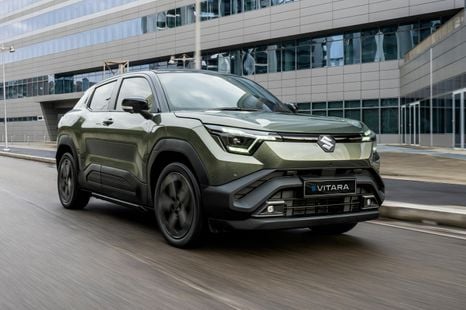

Damion Smy
10 Hours Ago


Damion Smy
13 Hours Ago


William Stopford
13 Hours Ago
Add CarExpert as a Preferred Source on Google so your search results prioritise writing by actual experts, not AI.